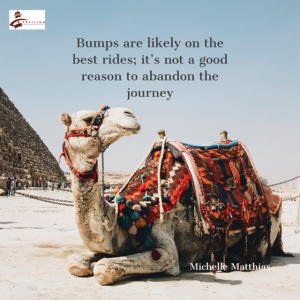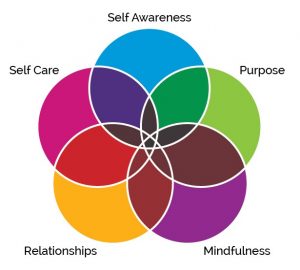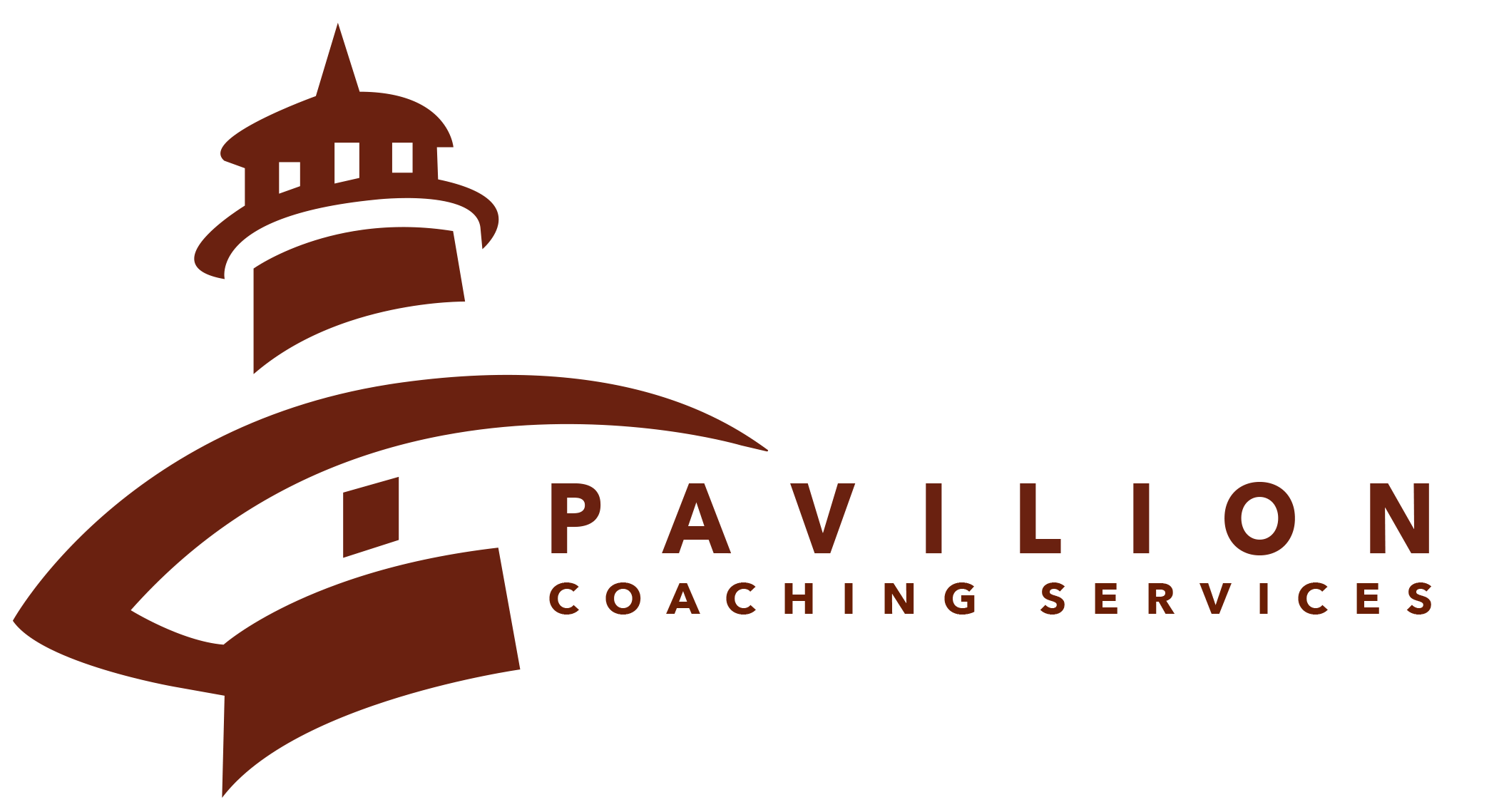
The Resilience Factor
Michelle Matthias
All strata of society can relate to challenges, stress, and hardship at some point in time.
Resilience is your ability to positively cope with and bounce back from stress and adversity. It’s the ability to recover from or adjust easily to misfortune or change. It’s the ability not only to return to a previous good condition after faced with challenges but hopefully to even grow through the experience.
Resilience is not a fixed state, therefore, you may be more resilient at different times in your life than others. Most importantly, resilience can be learned, practiced, developed, and strengthened. Resilience is not just necessary for basic survival, but also offers a powerful opportunity for enhancing growth and well-being.
It’s important to note that the topic of resilience is very multi-dimensional and can be approached based on categories, domains, pillars, skills, types…and also can be reviewed as it relates to communities, workplace, or the individual.
My focus is from an individual standpoint with the hope to spur awareness, encourage curiosity and possibly empower us to build our resilience muscles.
Why is building resilience important?
Building resilience is important for several reasons; it enables us to develop mechanisms for protection against experiences that could be overwhelming, it helps us to maintain balance in our lives during difficult or stressful periods, and can also protect us from developing some mental health difficulties and issues.
How do you build resilience?
The way that you build resilience may be unique to you but I will share what has worked for me and is probably true for most of us.
The diagram below by Bounce Back Project captures the essentials that are critical in building personal resilience and that I have utilized.

This diagram captures some of the leading indicators that are necessary for a person to build resilience. Intentionally enhancing these aspects of one’s life will increase personal resilience and, in turn, bolster the capacity to handle challenges.
Self Awareness – get to know yourself. What are your strengths, weaknesses, thoughts, beliefs, motivation, and emotions? What lifts you / what defeats you? What is others’ perception of you? What do you know to be true?
Self-care – means different things to different people. In any case, it requires our active engagement. Daily physical activity, healthy eating, sufficient sleep, and taking time to recover are essential for both short-term and long-term resilience. Taking time to disengage and disconnect from the routine (mental health breaks).
Purpose – a recognition that we belong to and serve something bigger than ourselves. We all are created for a purpose. Our resilience is linked to our purpose. Finding what we are passionate about will help us to identify our purpose. Purpose pushes us beyond limiting beliefs. Purpose drives us to get up when challenges push us down. We can find purpose in our faith, family, in our contribution to humanity.
Mindfulness/Prayer – the diagram has mindfulness but mindfulness for me is prayer. Let me qualify, that I’m not necessarily hitting mindfulness because it’s scriptural. Mindfulness is about meditation. Nonetheless, when the Bible mentions meditation, it often mentions obedience in the next breath. An example is the Book of Joshua: “This Book of the Law shall not depart from your mouth, but you shall meditate on it day and night, so that you may be careful to do according to all that is written in it. If we desire that the words of our mouth and the meditation of our heart will be acceptable in God’s sight, it must be done with the recognition and acknowledgment that our very existence is dependent on Him. Prayer allows us to enter into the presence of God with the awareness that He is not only our Creator; He is our Keeper. Prayer is a state of actively engaging and communing with Christ our inexhaustible source of resilience.
Positive Relationships – this is your support system. The people who support and care for us. No man is an island. We were not made to stand alone. We all have a desire to be connected, to belong, to be loved, to be understood. It’s innate for us to want to give and receive love and acceptance. By having positive relationships with others, we are happier and more content. We feel fulfilled and more supported. Positive and supportive relationships help us to feel healthier and build resilience that enables us to rise to challenges because we are not alone.
In closing, I encourage you to nurture your resilience by monitoring your internal dialogue; practice self-compassion and self-care, have a forgiving heart, pray without ceasing, be thankful and be grateful and be bold enough to express it, laugh often, and be optimistic and positive….
“Keep this Book of Law always on your lips; meditate on it day and night, so that you may be careful to do everything written in it. Then you will be prosperous and successful.” Joshua 1:8

Empowerment Coach
Michelle Matthias
“Bumps are likely on the best rides; it is not a good reason to abandon the journey.” Michelle Matthias
Subscribe to our Blog

andy says:
This article is full of knowledge & valuable information. My take from this article on resilience is to take care of yourself first. You cannot pour from an empty pitcher, when you take care of yourself you are more adaptable to challenges & can also be of help to others.
I was watching the news & it was mentioned that with the isolation imposed by COVID many people were succumbing to mental issues. So this article is giving us coping mechanisms that are especially helpful & needed now. We need to bend & not break & we can only do that by being resilient.
Sheryl says:
Thank you for sound advice that is scripturally sound, tested and tried.
Excellent article.
Carress says:
Excellently written! Read it at the perfect time.